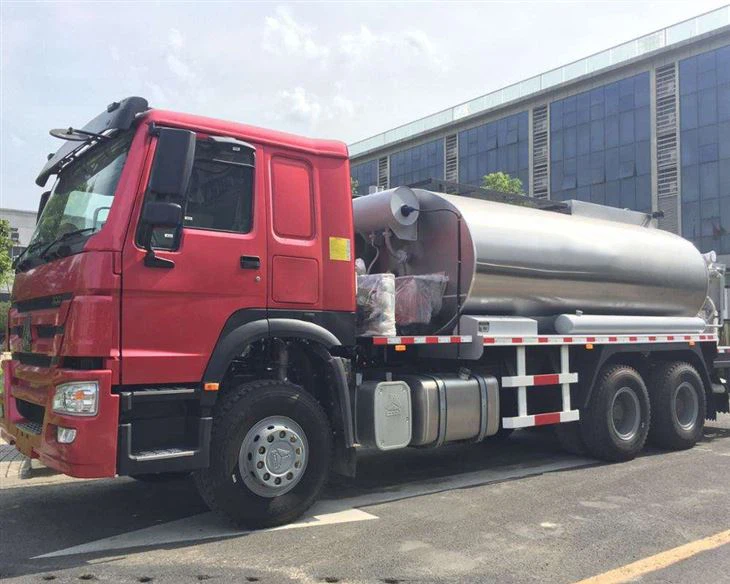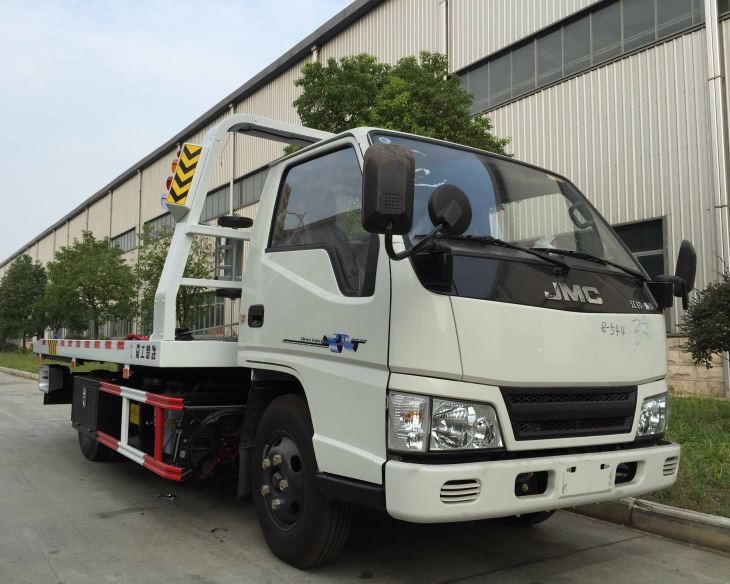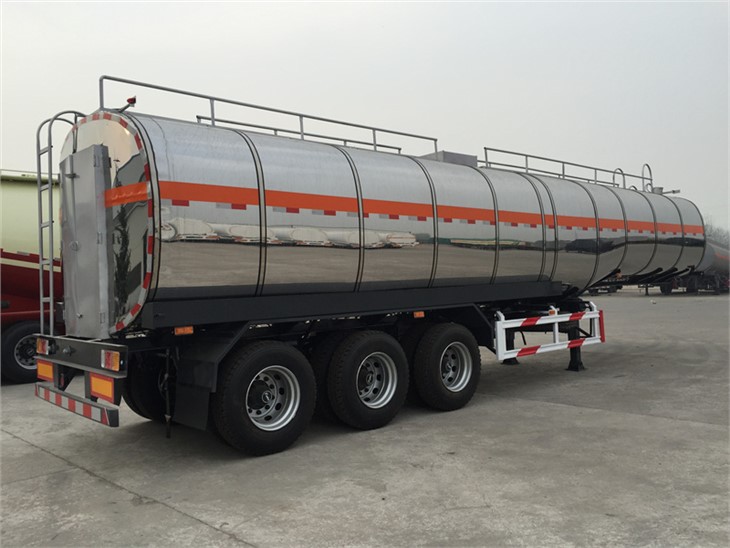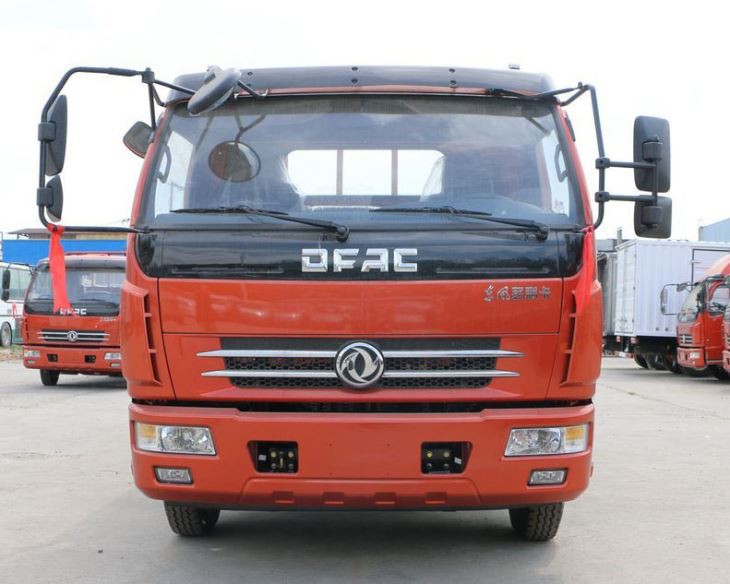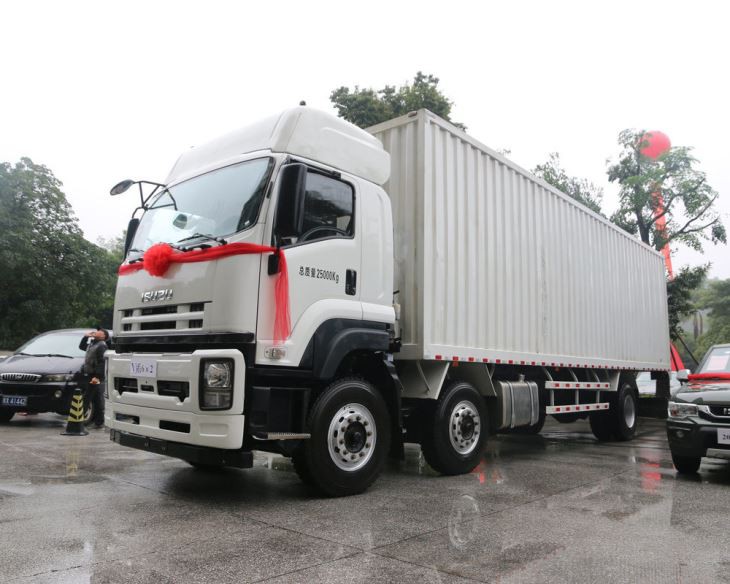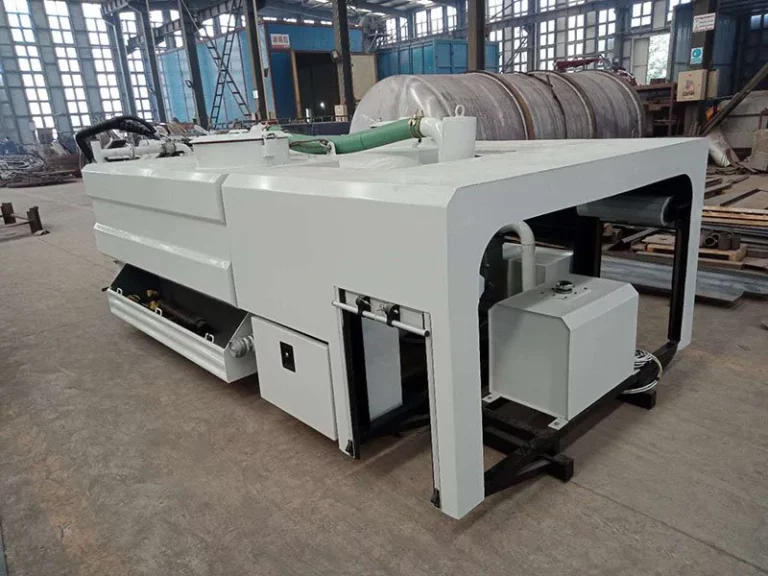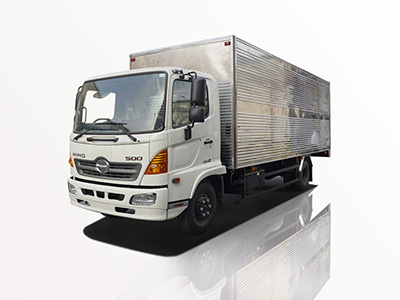Construction trucks play a critical role in the construction industry. They help transport materials, equipment, and workers, making them an essential part of any construction project. In this article, we will delve into the different types of construction trucks available, their specific applications, and tips for choosing the right one for your needs.
Understanding Construction Trucks
Construction trucks are heavy-duty vehicles designed to perform a variety of tasks on construction sites. They come in different shapes and sizes, each tailored for specific functions. This section will provide an overview of construction trucks and their importance in the construction industry.
Benefits of Construction Trucks
Construction trucks provide numerous benefits, including:
- Transport Efficiency: They allow for the rapid transportation of materials to and from job sites.
- Versatility: Different types of trucks can perform various tasks, from hauling dirt to lifting heavy loads.
- Time-Saving: Utilizing the right truck can significantly reduce the time needed for moving materials.
- Enhanced Safety: Properly designed trucks can help improve safety on construction sites by ensuring materials are moved securely.
Types of Construction Trucks
There are several types of construction trucks, each designed for specific tasks. Below, we explore the most common types.
1. Dump Trucks
Dump trucks are one of the most recognizable construction vehicles. They are designed to transport bulk materials like dirt, gravel, and sand. The back part of the truck can be lifted to “dump” its load at the desired location.
Types of Dump Trucks
- Standard Dump Truck: Commonly used for transporting loose materials.
- Articulated Dump Truck: Features a hinge between the cab and the dump box, offering better maneuverability on rough terrain.
- Transfer Dump Truck: Equipped with a separate trailer that can be used to increase payload capacity.
2. Flatbed Trucks
Flatbed trucks have an open cargo area for hauling large and heavy items that don’t need to be covered, such as construction equipment, lumber, and steel beams.
Advantages of Flatbed Trucks
- Easy loading and unloading from any side.
- Versatile for different types of loads.
- Can transport oversized materials securely.
3. Concrete Mixer Trucks
Concrete mixer trucks are specialized vehicles designed to transport concrete from batching plants to construction sites. They ensure the concrete remains in a fluid state during transit.
Types of Concrete Mixers
- Drum Mixers: Features a rotating drum to keep the concrete mixed.
- Volumetric Mixers: Mixes concrete on-site as per request, allowing for precise calculations.
4. Crane Trucks
Crane trucks are equipped with a crane that can lift and move heavy materials. They are generally used in situations where heavy lifting is required.
Common Uses of Crane Trucks
- Lifting heavy construction materials.
- Assisting in building structures like towers.
- Moving equipment across large job sites.
5. Tanker Trucks
Tanker trucks transport liquids, including water, fuel, and chemicals. On construction sites, they are often used to deliver water for mixing concrete or dust control.
Benefits of Using Tanker Trucks
- Ensure constant water supply on-site.
- Helps in managing dust and reducing environmental impact.
6. Tow Trucks
Tow trucks are used to move non-operational vehicles, which can be essential for construction sites where equipment may break down or need relocation.
Types of Tow Trucks
- Hook and Chain Tow Trucks: Traditional type best for heavy vehicles.
- Flatbed Tow Trucks: Can transport multiple vehicles at once.
7. Water Trucks
Water trucks are designed to transport large amounts of water. They play a vital role in dust control and site preparation.
Applications of Water Trucks
- Dust suppression on unpaved roads.
- Moistening soil for construction.
8. Heavy-duty Pickup Trucks
Heavy-duty pickup trucks are versatile vehicles used for hauling small loads, transporting workers, and running errands on construction sites.
Features of Heavy-duty Pickup Trucks
- Robust towing capabilities.
- Increased payload capacity.
Choosing the Right Construction Truck
Selecting the right construction truck can significantly impact the efficiency of your project. Here are some factors to consider:
1. Project Requirements
Assess the specific needs of your project. For heavy lifting, crane trucks may be necessary, while concrete mixers are vital for pouring foundations.
2. Terrain Conditions
The type of terrain where work needs to be done can affect the choice of truck. Articulated dump trucks are ideal for rough terrain, while flatbeds work well on more accessible sites.
3. Load Type
Consider the type of materials you will be transporting. If the load is liquid, a tanker truck or water truck would be a necessity. For solid materials, a dump truck or flatbed may be more appropriate.
Practical Examples
Understanding the different scenarios in which construction trucks are utilized can help in making better choices. Here are some practical examples:
Example 1: Large-scale Urban Construction Project
In a large urban construction project, a fleet of dump trucks and concrete mixer trucks is essential. Dump trucks are used for carrying earth and aggregate, while concrete mixer trucks deliver concrete to the site.
Example 2: Oilfield Operations
In oilfield operations, tanker trucks are crucial for transporting water and chemicals used in drilling. Additionally, heavy-duty pickup trucks are needed to provide mobility on the site.
Example 3: Road Construction
In road construction projects, flatbed trucks are used for delivering construction materials, whereas water trucks control dust and maintain moisture for the asphalt.
Maintenance Tips for Construction Trucks
Proper maintenance is crucial for the performance and safety of construction trucks. Here are some practical maintenance tips:
1. Regular Inspections
Conduct regular inspections to identify any potential issues. Focus on tires, brakes, and fluid levels.
2. Follow Maintenance Schedules
Adhere to the manufacturer’s maintenance schedule for each truck type to keep them in good working condition.
3. Cleanliness
Keep trucks clean to prevent buildup of materials that can lead to wear and tear.
Frequently Asked Questions (FAQ)
What is the most common type of construction truck?
The most common type of construction truck is the dump truck, which is used for transporting bulk materials.
How do I choose the right construction truck for my project?
Consider factors like project requirements, terrain conditions, and the types of materials being transported to choose the right truck.
What are the benefits of using articulated dump trucks?
Articulated dump trucks offer better maneuverability on rough terrain compared to standard dump trucks.
How often should I maintain my construction truck?
It’s essential to adhere to the manufacturer’s maintenance schedule, which typically outlines inspections and servicing intervals.
Can I rent construction trucks instead of buying them?
Yes, many companies offer rental services for construction trucks, which can be a cost-effective option for short-term projects.
What types of loads can flatbed trucks carry?
Flatbed trucks can carry a variety of loads including construction materials, equipment, and oversized items that do not require a closed vehicle.
